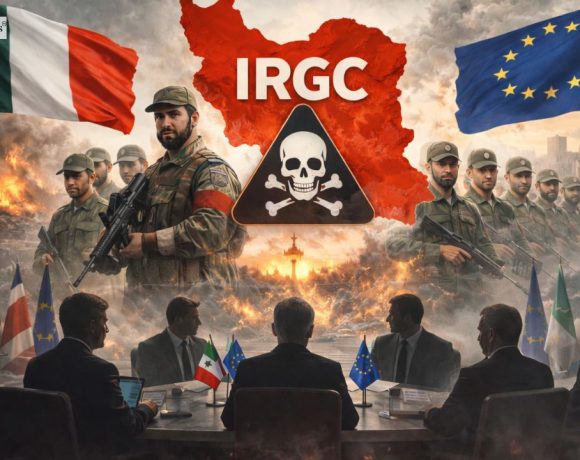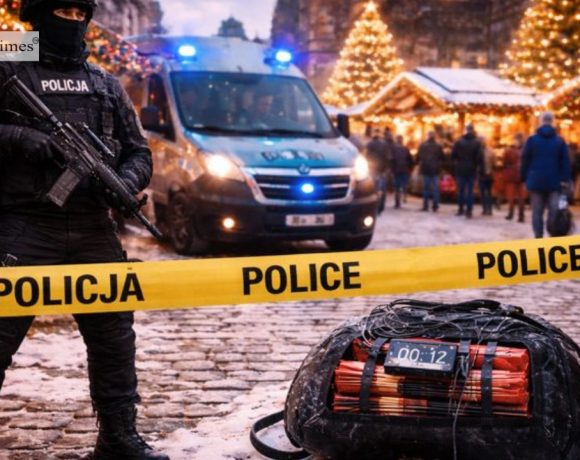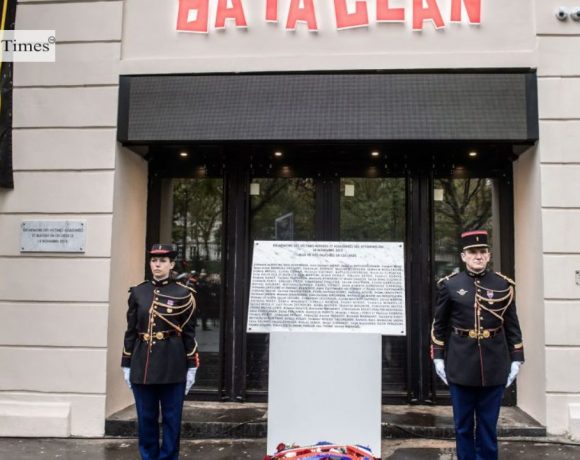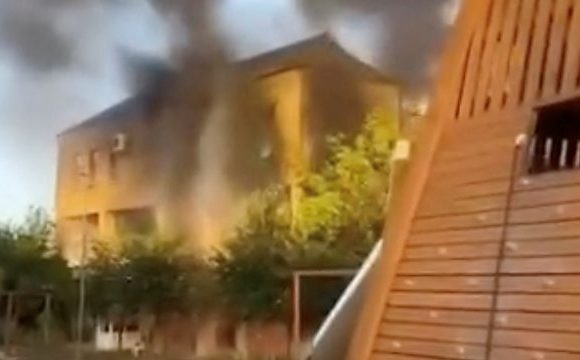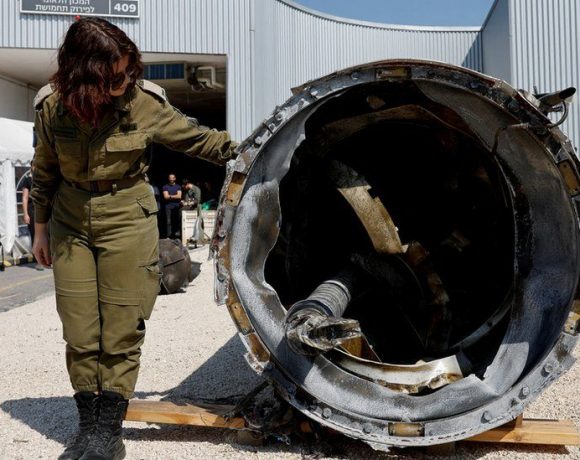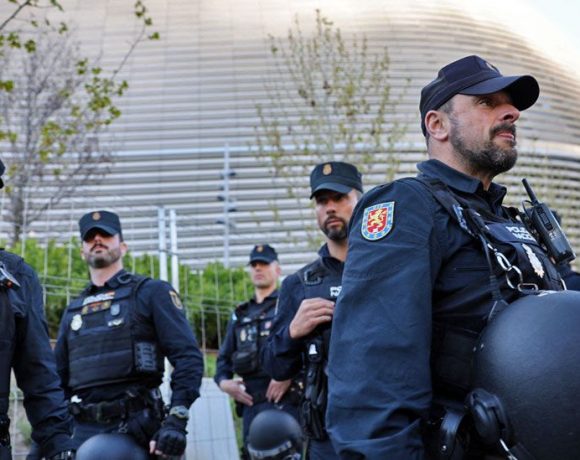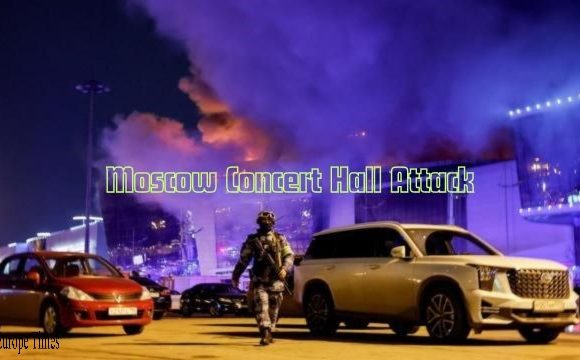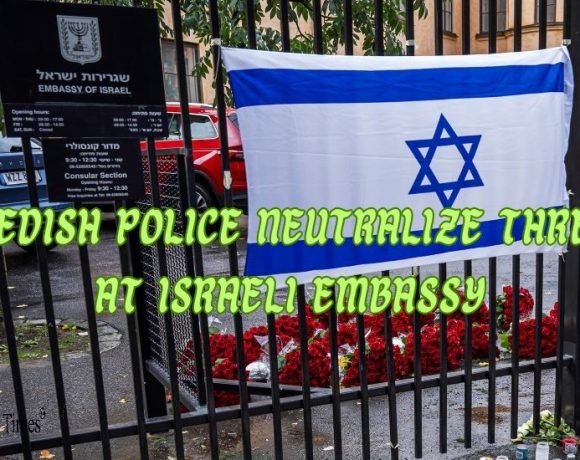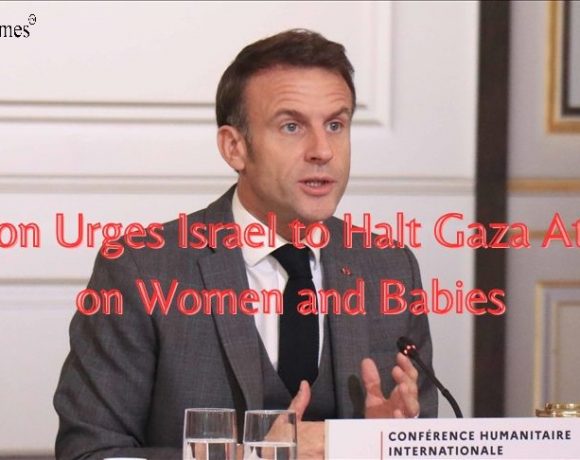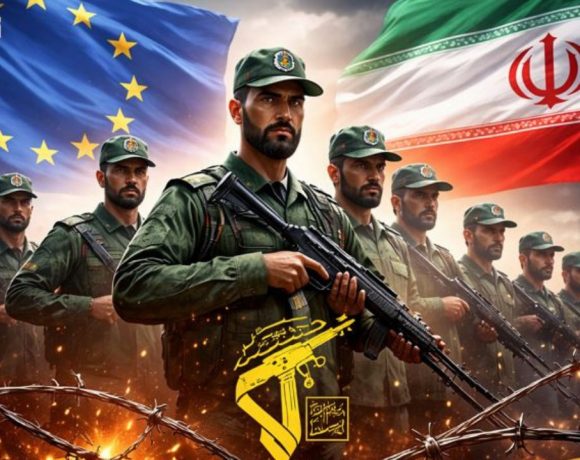
The European Union has added Iran’s Islamic Revolutionary Guard Corps (IRGC) to its list of terrorist organisations, citing the group’s central role in a deadly crackdown on anti-government protests. EU foreign policy chief Kaja Kallas said the move was a response to widespread repression, placing the IRGC alongside groups such as al-Qaeda and Islamic State. Iran condemned the decision, calling it a “strategic mistake”, while human rights groups say thousands of protesters were killed during unrest in December and January.
France, which had previously been cautious over the move due to concerns about severing diplomatic ties with Tehran, backed the decision this week, alongside Italy and other EU states. The bloc also imposed new sanctions on six Iranian entities and 15 senior officials accused of involvement in violent repression, including Iran’s interior minister and senior judicial figures. Those listed face travel bans and asset freezes under EU rules.
The decision comes amid rising tensions between Iran and the West, as the US increases its military presence in the region and pushes Tehran to negotiate over its nuclear programme. US President Donald Trump said he hoped to avoid military action but warned Iran to engage in talks, while Iranian officials said their forces were ready to respond to any aggression. Independent groups estimate the death toll from the protests could exceed 20,000, though Iran disputes those figures.
Pic courtesy: google/ images are subject to copyright

